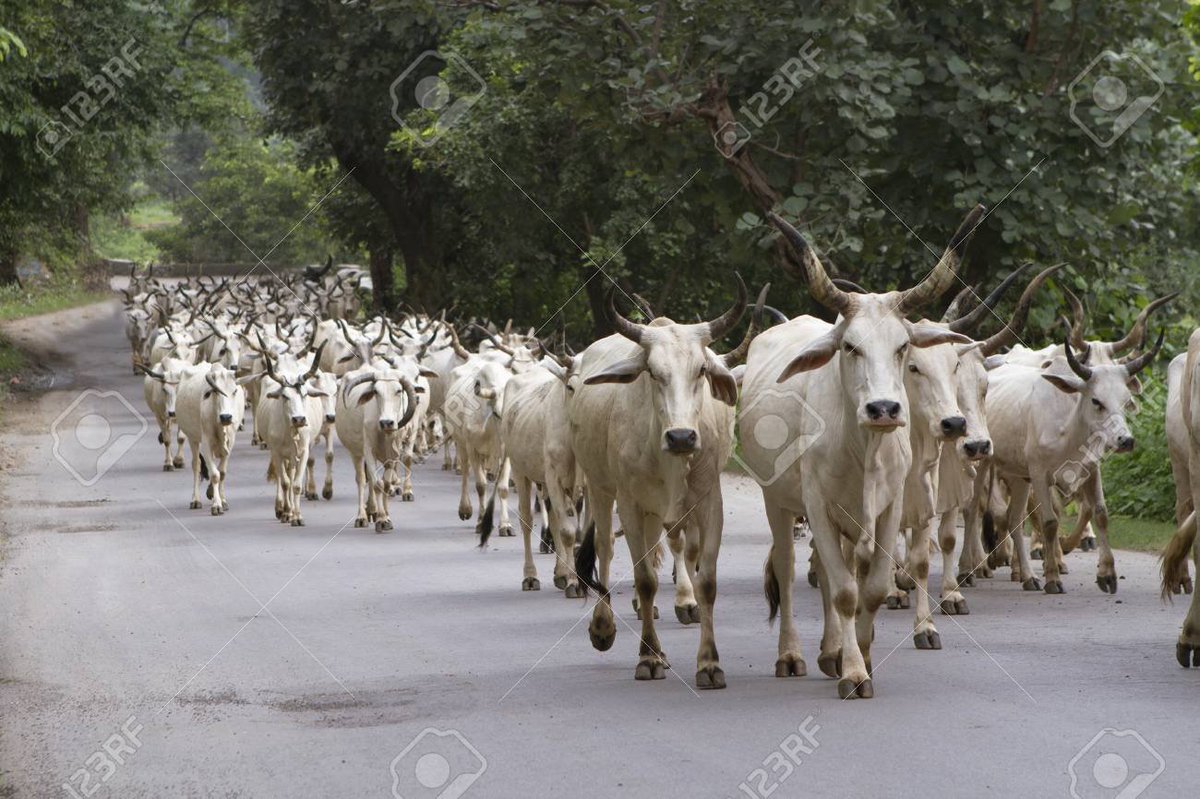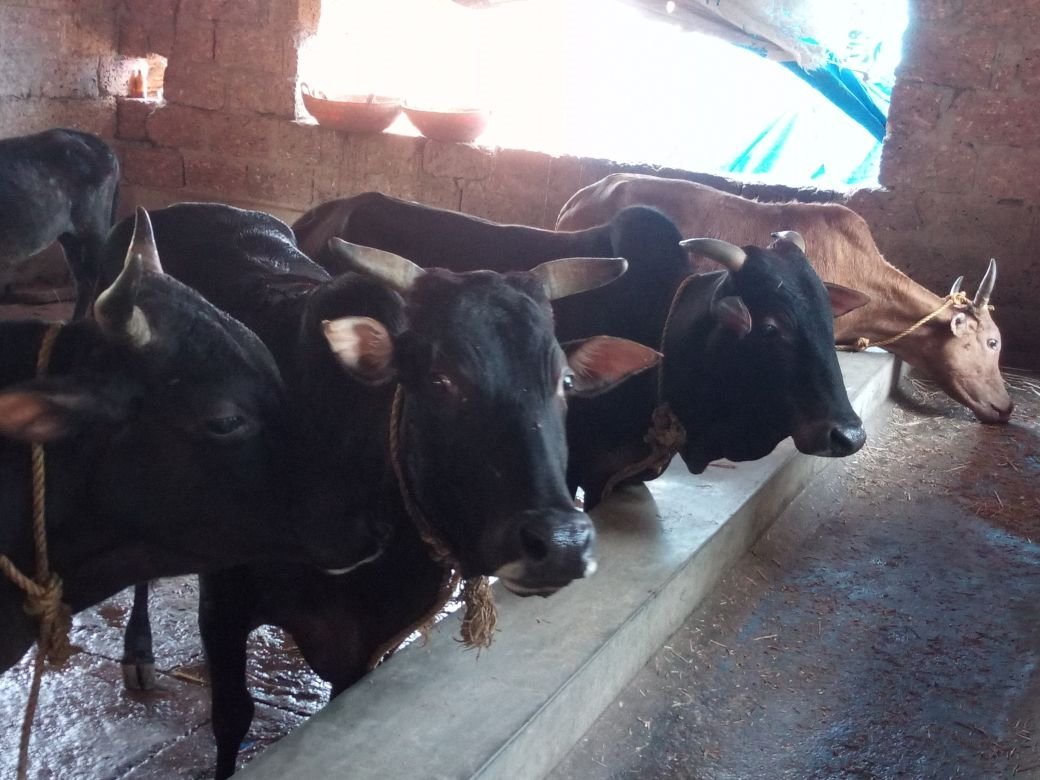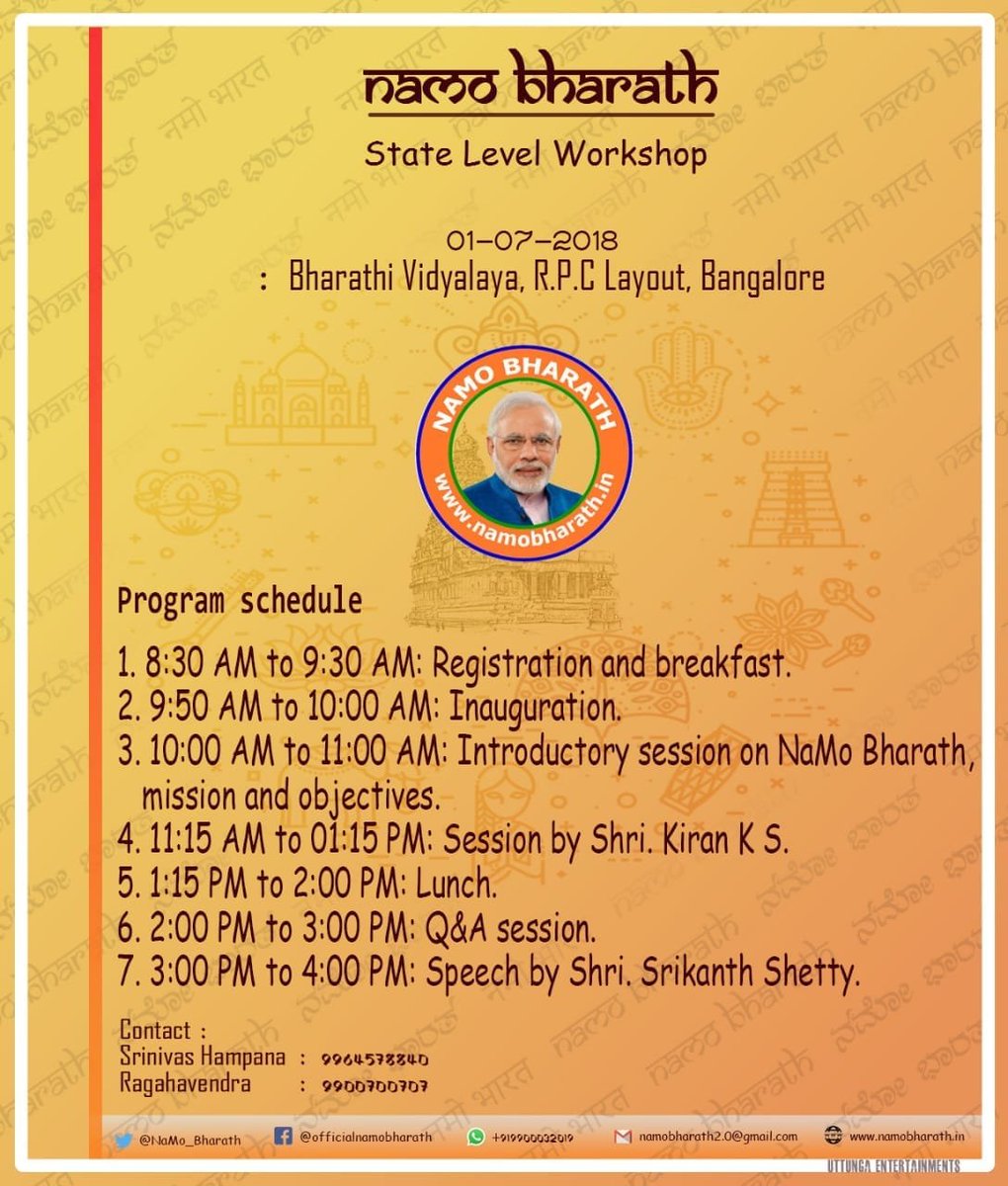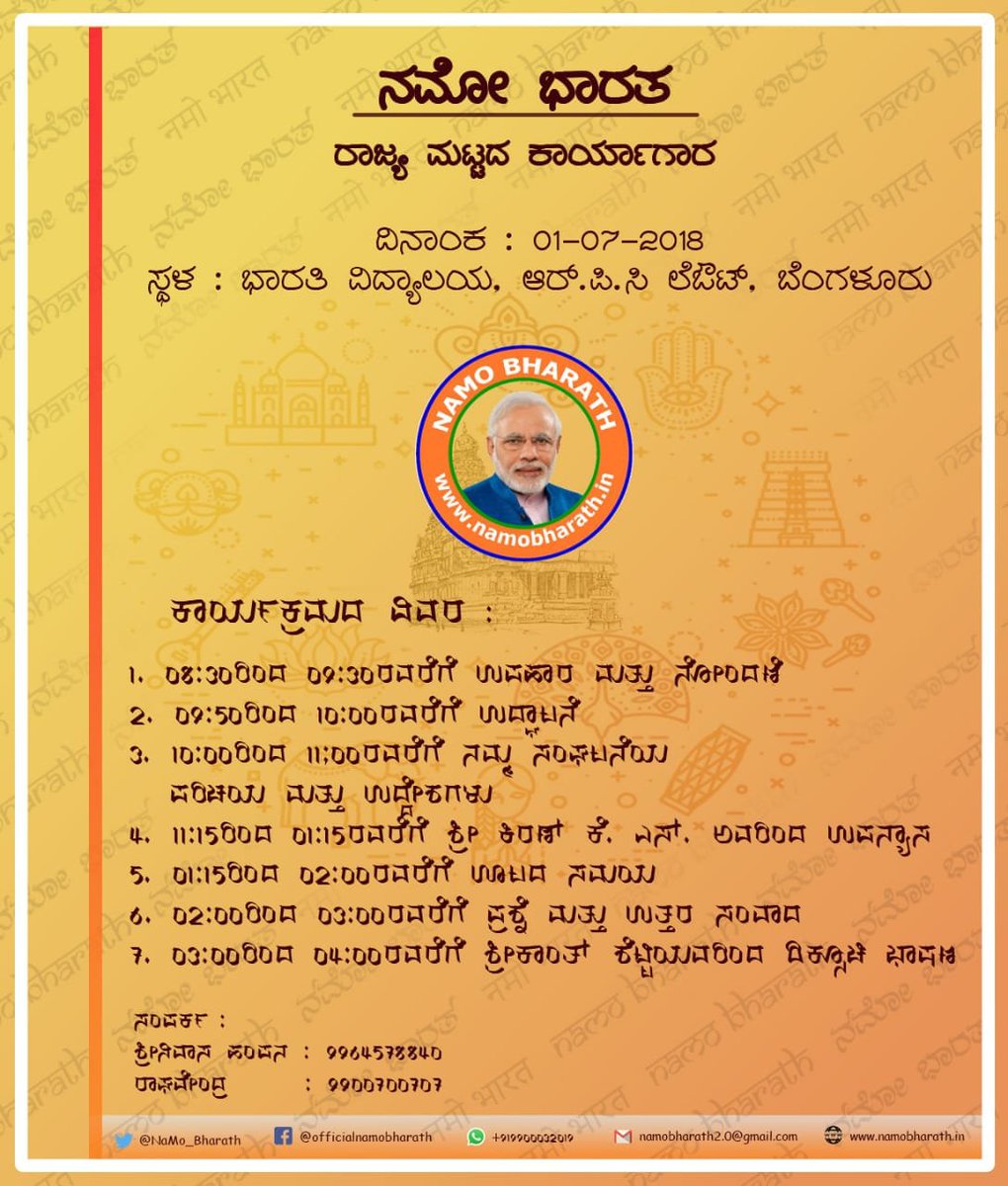"#MahavirJayanti Wishes to all my Jain Friends!"
Pls pardon if any mistakes in following tweets.
Lord Mahavira was 24th & last Tirthankara. According to Jain philosophy. A Tirthankara is an enlightened soul, born as a human, attains perfection through intense meditation.
1/10
Pls pardon if any mistakes in following tweets.
Lord Mahavira was 24th & last Tirthankara. According to Jain philosophy. A Tirthankara is an enlightened soul, born as a human, attains perfection through intense meditation.
1/10
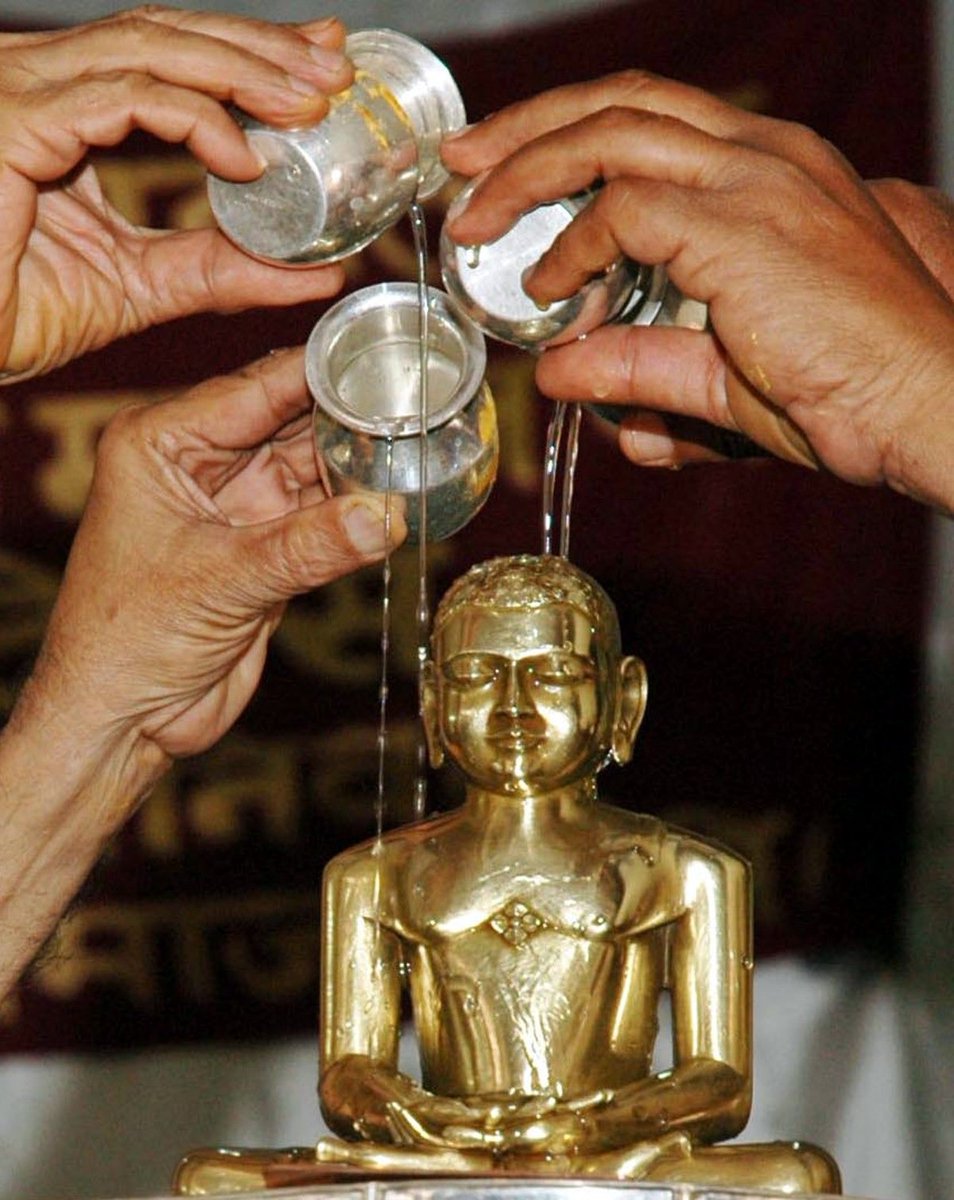
Jain texts state that Mahavira was born in 599 BC into a royal family of Kshatriyas, in Bihar. His childhood name was 'Vardhamana'.
His parents were King Siddartha of Kundgraam & Queen Trishala. Hailing from a royal family, he had all the luxuries of life at his disposal.
2/10

His parents were King Siddartha of Kundgraam & Queen Trishala. Hailing from a royal family, he had all the luxuries of life at his disposal.
2/10
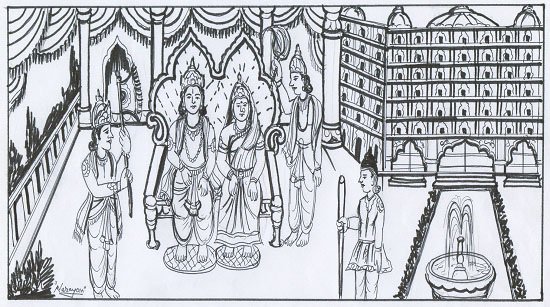
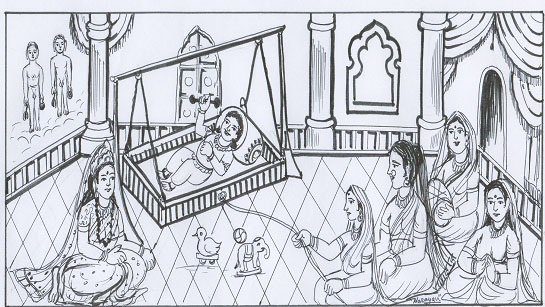
He grew up to be a very brave boy & once brought a fierce serpent under control. This earned him the name “Mahavira”.
Luxuries of life gave no satisfaction to Mahavira. So at the age of 30 he embarked on a journey of self-discovery in order to seek the spiritual truth.
3/10

Luxuries of life gave no satisfaction to Mahavira. So at the age of 30 he embarked on a journey of self-discovery in order to seek the spiritual truth.
3/10
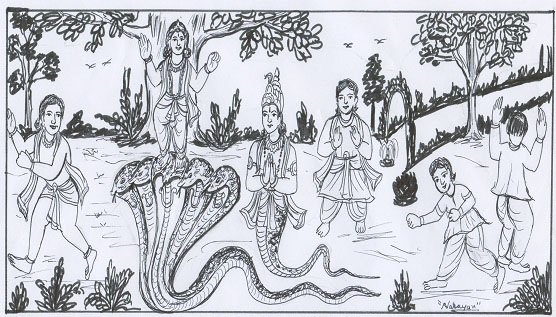
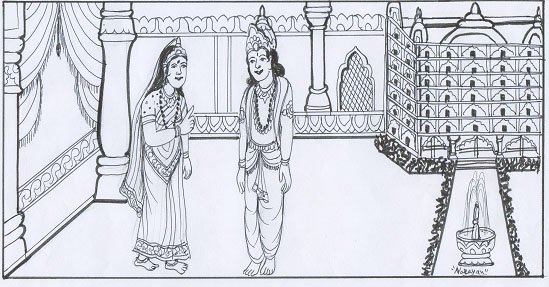
Mahavira found no peace of mind through mindless rituals as they could not offer him the answers to questions he sought.
He wanted to obtain spiritual release from the karmic cycle of life and death and realized that it was possible only through inward self-discipline.
4/10
He wanted to obtain spiritual release from the karmic cycle of life and death and realized that it was possible only through inward self-discipline.
4/10
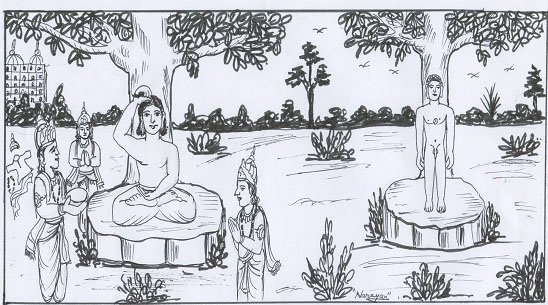
Mahavira started living a life of severe austerity &radical physical asceticism. After a year he discarded his clothes & walked naked.
He decided to have no possessions at all, not even a bowl for obtaining alms or drinking water; he accepted alms in d hollow of his palm.
5/10
He decided to have no possessions at all, not even a bowl for obtaining alms or drinking water; he accepted alms in d hollow of his palm.
5/10
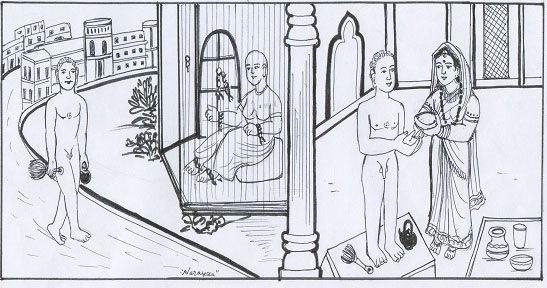
He strictly followed the principle of Ahimsa. He did not harm insects crawling over his body even when they bit him. He endured all the physical hardships of his ascetic life peacefully.
People insulted him, yet he very patiently endured all the abuses hurled at him.
6/10
People insulted him, yet he very patiently endured all the abuses hurled at him.
6/10
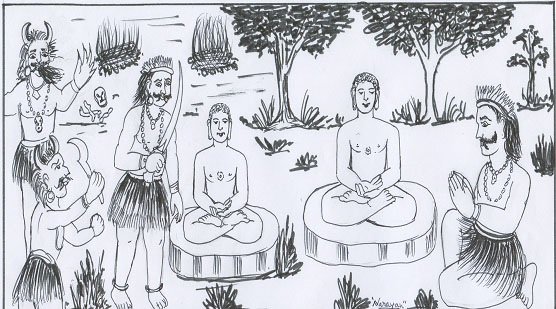
After 12.5 yrs of such a severe lifestyle, he finally attained ‘Kevala jnana’ or “supreme knowledge”. He attained realization of perfect perception, knowledge, power &bliss.
Having attained Kevala jnana at the age of 42, Mahavira preached and taught for the next 30 years.
7/10
Having attained Kevala jnana at the age of 42, Mahavira preached and taught for the next 30 years.
7/10
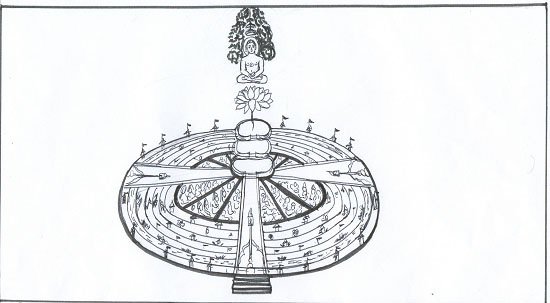
Mahavira traveled all over India teaching his philosophy which was based on 8 cardinal (law of trust) principles, 3 metaphysical, and 5 ethical.
The ethical ones were Ahimsa, Satya, Brahmacharya, Asteya (non-stealing) and Aparigraha (non-possession)
8/10
The ethical ones were Ahimsa, Satya, Brahmacharya, Asteya (non-stealing) and Aparigraha (non-possession)
8/10
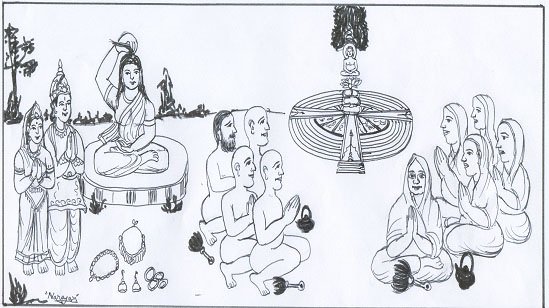
His teachings are as relevant in today’s contemporary world as they were in d era he lived in.
Mahavira advocated principle of non-violence under all circumstances. His teachings tremendously influenced several personalities like Mahatma Gandhi & Rabindranath Tagore
9/10
Mahavira advocated principle of non-violence under all circumstances. His teachings tremendously influenced several personalities like Mahatma Gandhi & Rabindranath Tagore
9/10
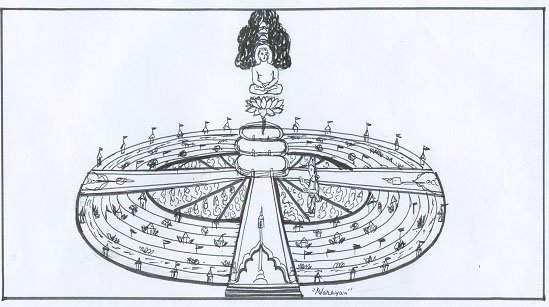
Mahavira attained Moksha or complete liberation in 527 BC at Pawapuri, Bihar.
His soul is believed to have become Siddha i.e., soul at its purest form.
There is a Jain temple named Jal mandir in the place where Mahavira is believed to have attained nirvana.
10/10
His soul is believed to have become Siddha i.e., soul at its purest form.
There is a Jain temple named Jal mandir in the place where Mahavira is believed to have attained nirvana.
10/10
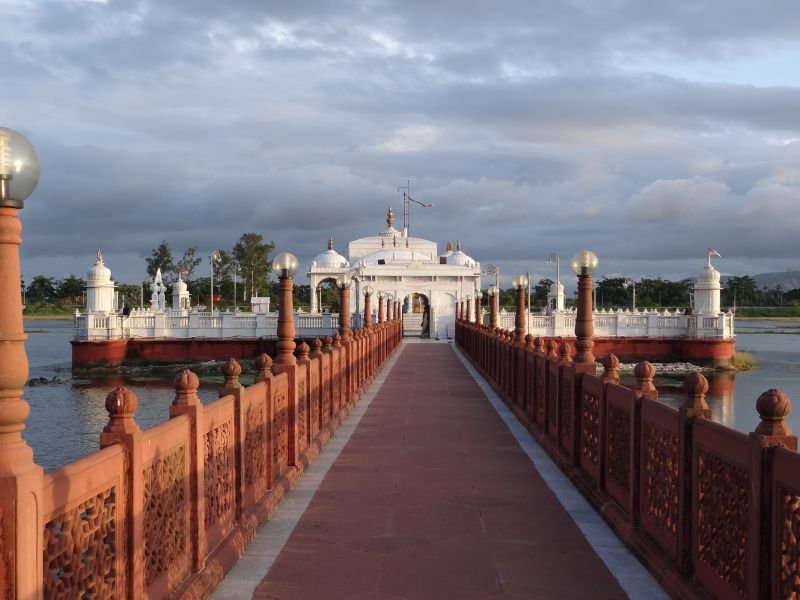
• • •
Missing some Tweet in this thread? You can try to
force a refresh





